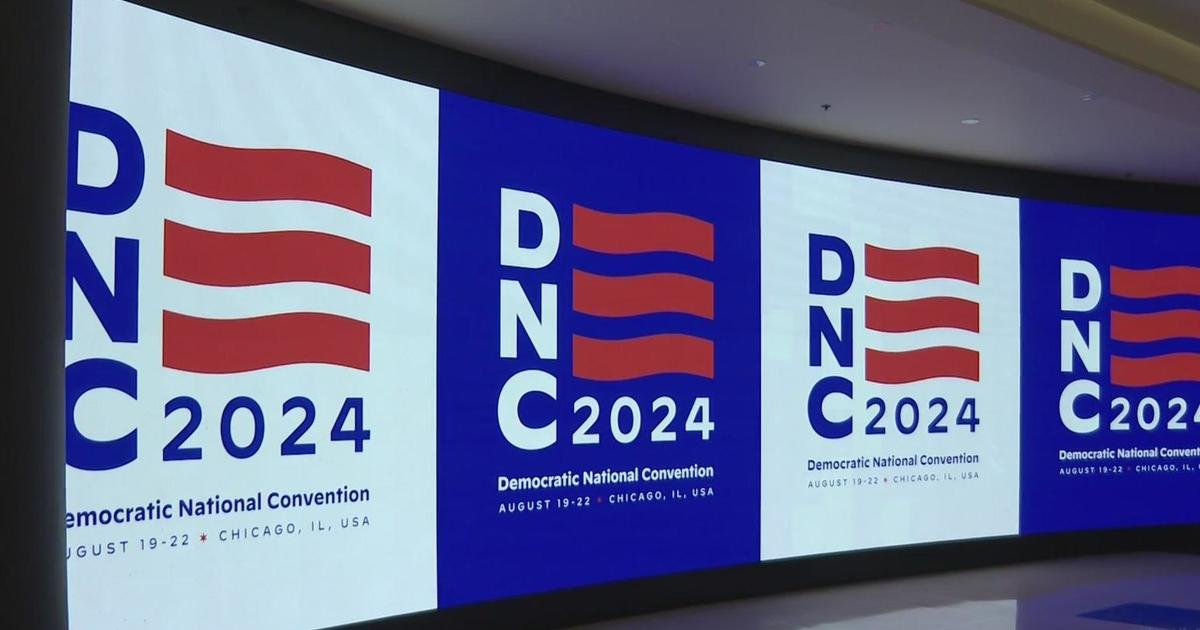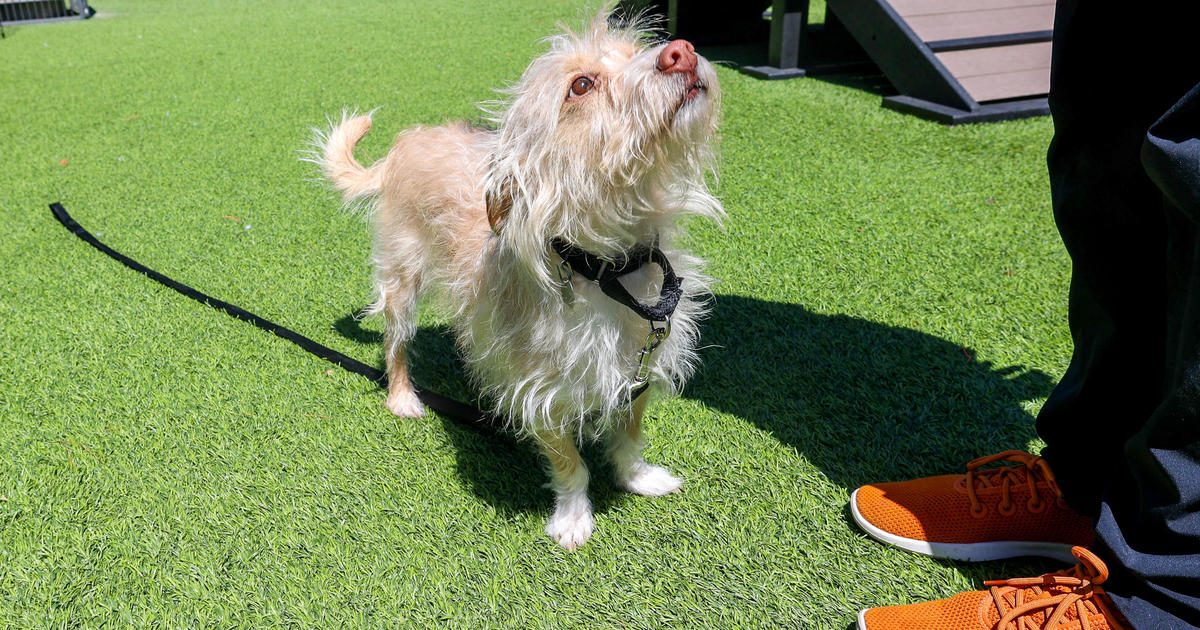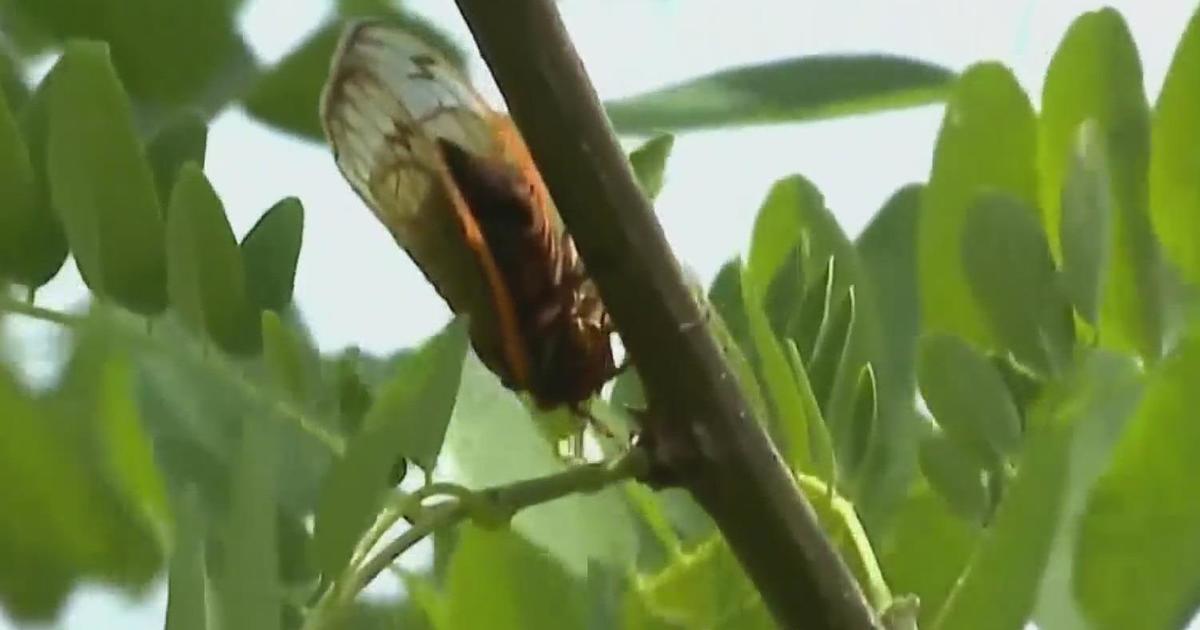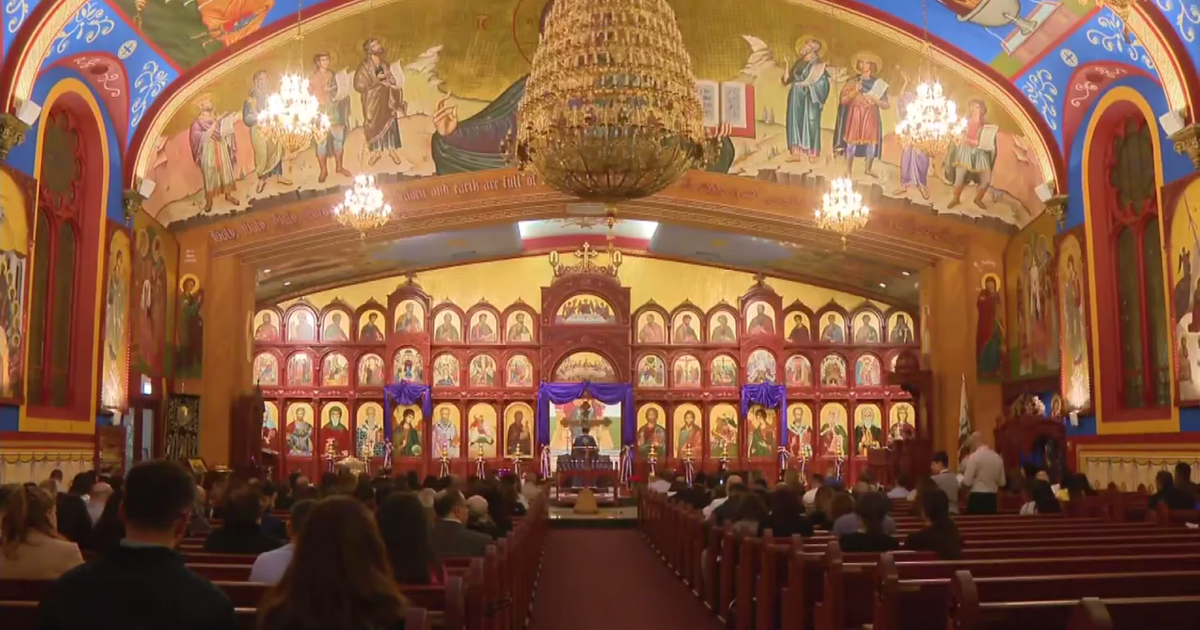Chicago launches public health plan for monkeypox with nationwide public health emergency in effect
CHICAGO (CBS) -- The Biden administration declared the monkeypox outbreak a public health emergency nationwide Thursday, and Gov. JB Pritzker also issued such an order for Illinois earlier this week.
The United States now counts more infections from the virus than any other country in the world. Since May, cases have grown from zero to 6,617.
Health and Human Services Secretary Xavier Becerra announced the decision at a briefing with top public health officials Thursday.
"This public health emergency will allow us to explore additional strategies to get vaccines and treatments more quickly out to the impacted communities. And it will allow us to get more data from jurisdictions so we can effectively track and attack this outbreak," Robert Fenton, the newly appointed White House national monkeypox response coordinator, said at the briefing.
Over the last decade, nationwide emergency declarations like this have previously been made only for the COVID-19 pandemic, the opioid crisis, and the Zika virus outbreak in 2017.
In Illinois, Chicago has seen the greatest number of monkeypox cases. While the virus can affect anyone, most cases in the outbreak in Chicago and elsewhere have involved gay or bisexual men.
"Anyone can get MPV but, again, right now the community we are seeing it in right now, at highest risk, and where a lot of our focus has been is in the men who have sex with men – MSM – community," Chicago Department of Public Health Director Dr. Allison Arwady said in addressing the monkeypox virus spread Thursday.
Arwady announced that the city has now launched a plan with a mnemonic that matches up to the initials for the monkeypox virus, or MPV.
"So our MPV Plan here in Chicago - pretty basic," Arwady said. "M: Monitor cases, case investigation, contact tracing - just like any outbreak. P: Provide resources and education to many folks. And then V: Vaccinate those at highest risk."
Arwady advised that people should monitor themselves for possible symptoms.
"if you've got a new or unexplained rash, it can look like a pimple or a blister, a pox, you're not feeling well? Go see a doctor," she said.
Meanwhile, as CBS 2's Tara Molina reported, efforts to prevent monkeypox infections have ramped up ahead of the Northalsted Market Days festival coming up this weekend.
There have now been 571 monkeypox cases statewide – 478 of them in Chicago. A total of 29 of those patients have been hospitalized.
A total of 98 percent of those with a confirmed monkeypox case in Chicago identify as gay or bisexual.
The highest risk for transmission is intimate contact - even with protection - or any direct contact with a rash, scab or body fluid.
Activities city health officials say are unlikely for transmission include touching doorknobs, trying on clothes, traveling, using swimming pools and hot tubs, or using public restrooms.
"At this point, though we are learning more every day, things like dancing at a crowded party where folks are clothed? Unlikely," Arwady said. "Coworker to coworker transmission? Unlikely."
With overall risk still low, Dr. Arwady explained the monkeypox vaccine is not recommended for the general public right now. With demand outweighing supply, the hope is the national public health emergency declaration means more vaccine in Chicago soon.
"I'm also hopeful we may see some more flexibility in funding," Arwady said. "I will tell you Chicago has seen zero dollars to combat MPV at this point."
Mark Liberson owns Replay Beer & Bourbon, Elixir, and Hydrate on North Halsted Street and is also an organizer for Market Days. When we caught up with him earlier this week, he emphasized that public health will be worked into the program.
"We work very closely with the Department of Health. They're going to be on site - at both of our main entrances to the festival - distributing information about monkeypox," Liberson said, "and we're going to be using the festival not only an opportunity to have fun, but an opportunity to educate people."
As of Aug. 1, no deaths have been reported in the outbreak so far in the U.S. among the thousands who have been infected by monkeypox. A handful of deaths have been reported abroad, including in Africa, South America, and Europe.
Compared to its more lethal cousin smallpox, officials have said that cases often resolve after a few weeks without additional treatment. The variant linked to the current outbreak has been spreading in Nigeria since 2017, where around 3% of the people who contracted monkeypox died.
After an incubation period, which the CDC estimates is a little longer than a week on average, between exposure to an infected person and the first noticeable signs of the infection, patients generally must endure painful lesions as well as other symptoms — like fever and swollen lymph nodes — until their rashes scab over and heal. Like other poxviruses, monkeypox can leave scars.
However, authorities have been careful not to downplay the danger monkeypox's complications might pose beyond its physical pain.
For example, in the United Kingdom, authorities reported that some hospitalized patients faced "severe swelling" that might strangle circulation to the penis. In Spain, some patients were hospitalized due to bacterial infections of their sores.
The smallpox vaccine is used for monkeypox, but the supply is strictly limited right now. But vaccination is available for those who have been exposed in Chicago.
"You are eligible for an MPV vaccine here in Chicago if you number, one had that close physical intimate contact with someone diagnosed with MPV, no restrictions – doesn't matter about your demographics. Those folks get vaccine," Arwady said, "and number two, gay, bisexual, cis or trans men who also have an additional risk factor."
CBS 2 Streaming Anchor Brad Edwards on Tuesday interviewed Dr. Rebecca Lee Smith, an epidemiologist and professor at the University of Illinois at Urbana-Champaign. She asked Smith whether she would go to Market Days under the current conditions.
"If you feel sick, don't go into festivals," Smith said. "Wear a mask for COVID, but for monkeypox, you want to avoid those contacts – so avoid kissing a lot of people, and just avoid those close – especially the sexual contact that we've been seeing and those close bodily contacts."
Below is the full PowerPoint presentation on monkeypox issued Thursday by the Chicago Department of Public Health.
Chicago Monkeypox Presser 8.04.22 by Adam Harrington on Scribd
Monkeypox: What we know so far
City of Chicago monkeypox case data
Centers for Disease Control and Prevention information
Dr. Becky Smith of the University of Illinois at Urbana-Champaign joins CBS 2's Brad Edwards with answers to your questions about monkeypox:




